
An herb wall garden is a remarkable way to transform any space into a lush, green oasis dedicated to your favorite herbs. It offers a unique blend of beauty and efficiency, allowing you to grow a variety of herbs in a limited area. In this article, we'll explore some fantastic vertical DIY herb garden tips that are not only easy to implement but also highly customizable.
One of the first steps in creating a successful herb wall garden is choosing the right containers. You have a plethora of options to choose from, such as recycled plastic bottles, wooden crates, or even old shoe organizers. The key is to ensure that the containers have proper drainage to prevent waterlogging, which can lead to root rot. For example, if you're using plastic bottles, you can drill several holes at the bottom to allow excess water to escape.
Next, consider the location of your herb wall garden. Herbs generally thrive in areas that receive at least six hours of sunlight per day. A south - facing wall or balcony is often an ideal spot. However, if you don't have access to direct sunlight for that long, you can also opt for herbs that tolerate partial shade, like mint, parsley, and chives.
When it comes to soil selection, a high - quality potting mix is essential. It should be well - draining and rich in organic matter. You can add compost or aged manure to the potting mix to enhance its fertility. This will provide your herbs with the necessary nutrients to grow healthy and strong.
Now, let's talk about planting. Start by filling your containers with the potting mix. Make small holes in the soil and gently place the herb seedlings or cuttings into them. Firm the soil around the base of the plants to ensure they are well - anchored. It's important to space the herbs appropriately to allow for proper air circulation and growth. For instance, basil plants should be spaced about 8 - 10 inches apart.
Watering is another crucial aspect of maintaining an herb wall garden. You need to keep the soil consistently moist but not soggy. A good rule of thumb is to water the herbs when the top inch of the soil feels dry to the touch. You can use a watering can or a gentle spray nozzle to avoid disturbing the plants.
Fertilizing your herbs is also important to promote healthy growth. You can use a balanced, water - soluble fertilizer every few weeks during the growing season. Follow the instructions on the fertilizer package carefully to avoid over - fertilizing, which can damage the plants.
Pruning is an often - overlooked but vital part of herb garden maintenance. Regular pruning helps to keep the herbs bushy and productive. Pinch off the tips of the plants to encourage lateral growth. For example, when your thyme plant starts to get leggy, simply snip off the top few inches to promote a more compact shape.
Another great tip is to companion plant your herbs. Certain herbs grow well together and can even benefit each other. For example, planting basil near tomatoes can enhance the flavor of the tomatoes and also help to repel pests. Rosemary and sage are also good companions as they have similar growing requirements.
In conclusion, creating a vertical DIY herb garden is a rewarding and enjoyable project. With these easy - to - follow tips, you can design a beautiful and efficient herb wall garden that will provide you with fresh herbs for cooking, teas, and more. Whether you're a seasoned gardener or a beginner, a container herb garden is a great way to bring a touch of nature into your home or outdoor space.
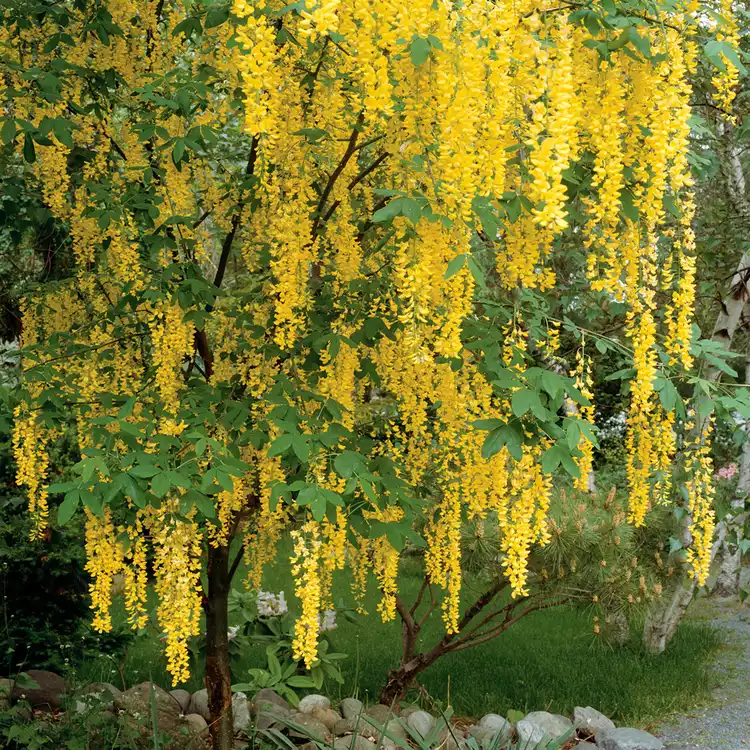
19 Small Trees for Front Yards That Explode with Color
Small trees can still pack a big punch in your landscape. Whether you've got a modest-size yard or are just filling in larger spaces, these varieties will fit in perfectly.
The Art of Pruning Magnolias for Optimal Growth
The Art of Pruning Magnolias for Optimal Growth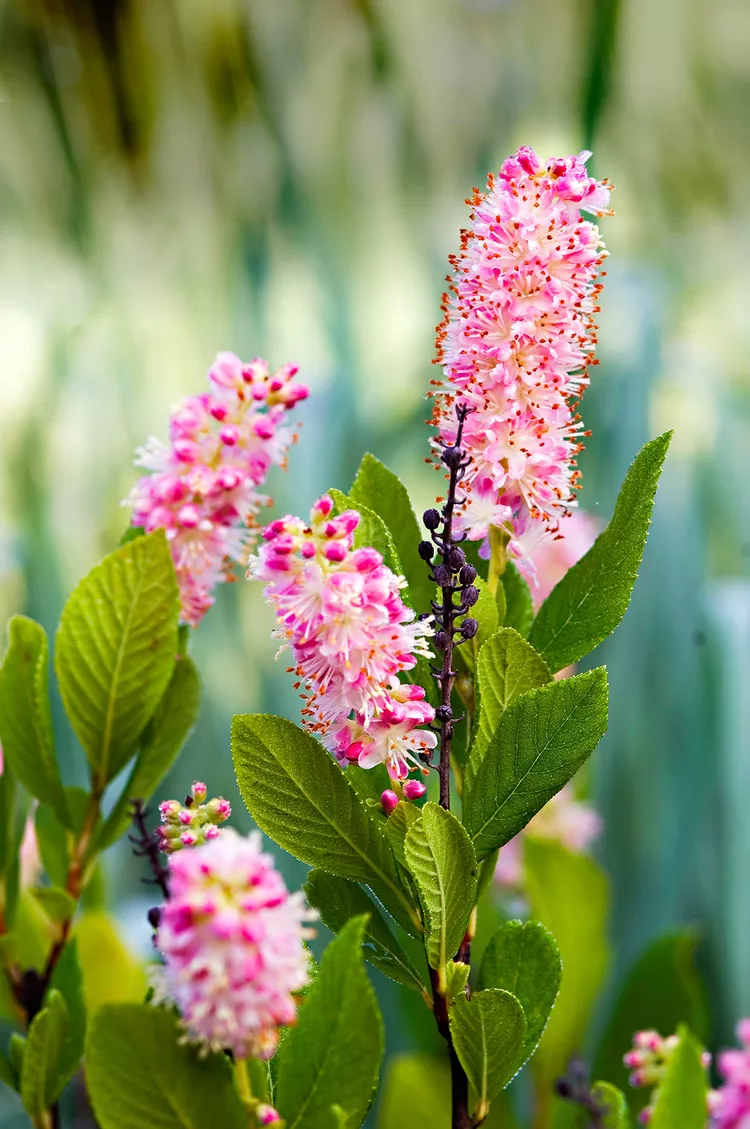
13 Summer-Flowering Shrubs That Are Super Easy to Grow
Plant these low-maintenance shrubs that bloom in summer to enjoy colorful flowers during the hottest months of the year.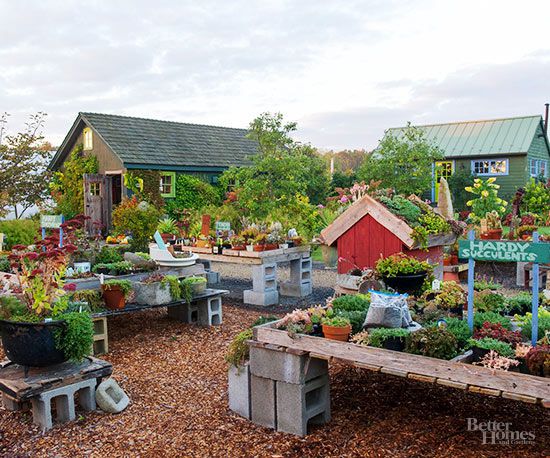
How to Xeriscape for a Water-Wise Yard
Create a beautiful landscape and conserve water with xeriscaping, a landscaping method that reduces irrigation needs and maximizes the use of natural precipitation.
How to Plant and Grow Water Clover
Water clover may look like a dense mat of lucky four-leaf clovers, but it’s actually a fast-growing aquatic fern.
The Enchanting Allure of Blue - eyed Grass in Your Garden
The Enchanting Allure of Blue - eyed Grass in Your Garden
Reviving Your Ficus: Unraveling the Mystery of Sticky Leaves
Reviving Your Ficus: Unraveling the Mystery of Sticky Leaves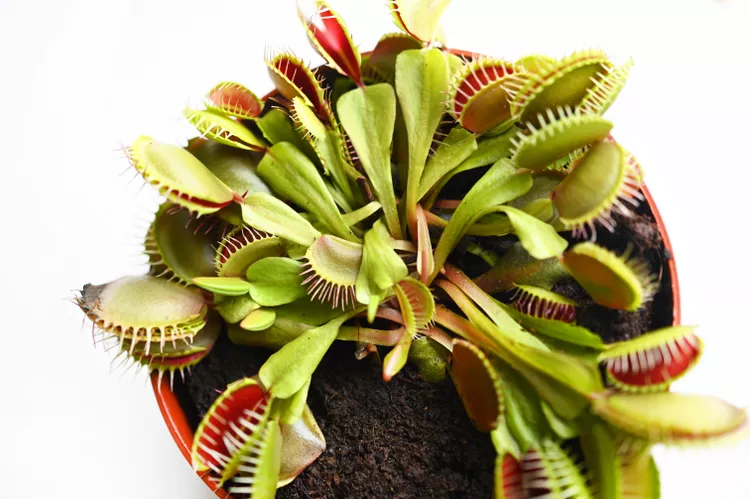
How to Grow a Venus Flytrap as a Houseplant
To grow a Venus flytrap, you need to give this carnivorous plant special care. Use these tips to keep your Venus flytrap thriving indoors as a houseplant.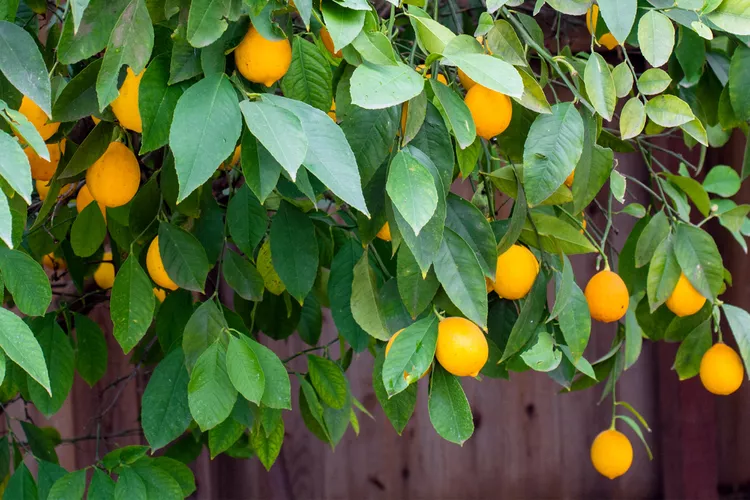
How to Plant and Grow a Meyer Lemon Tree
A Meyer lemon tree that produces sweet fruit is a beautiful addition to your garden or home.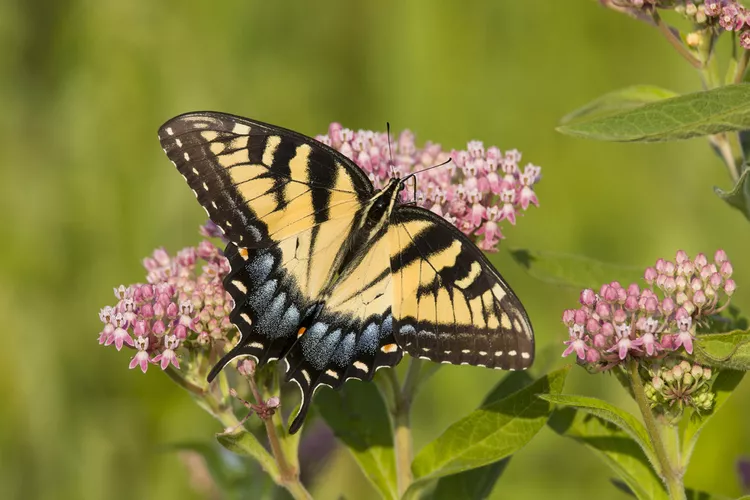
22 Beautiful Garden Plans for Attracting Birds and Butterflies
Create a butterfly- and bird-friendly landscape with these garden plans. Each design includes a mix of plants that can provide nectar, seeds, and shelter to wildlife. Add a water source to further enhance the habitat.
Unveiling the Wonders of Shade Garden Plans
Unveiling the Wonders of Shade Garden Plans
Unleash Your Garden's Potential with Our Free Guides
Unleash Your Garden's Potential with Our Free Guides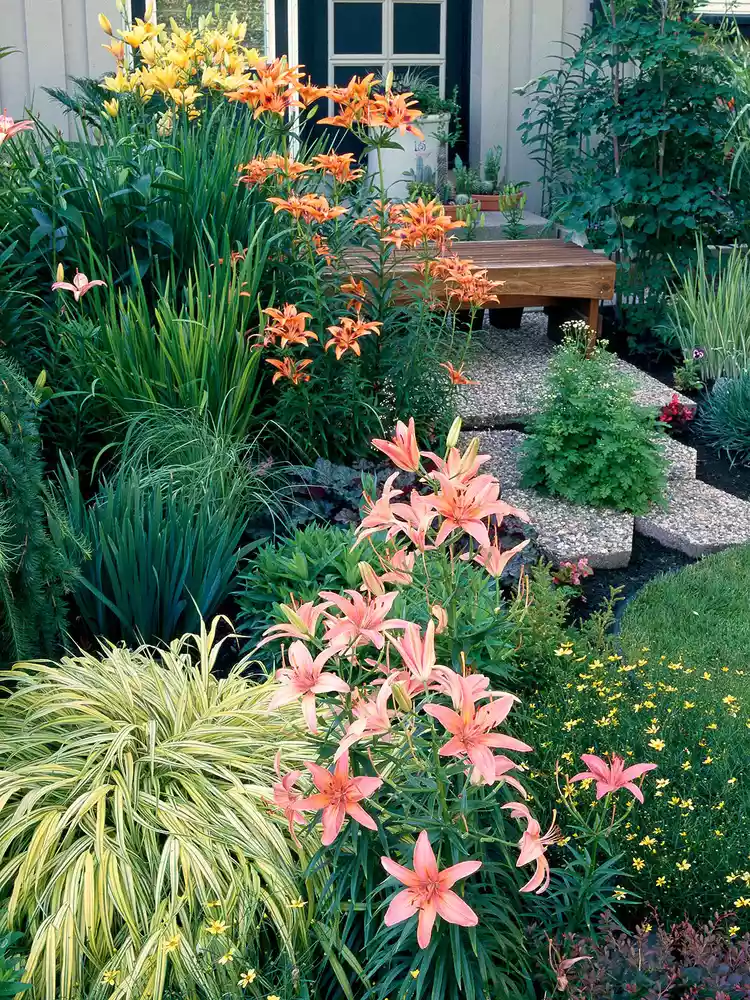
Use a Color Wheel to Plan Your Garden
Create a flower color wheel for your garden as you explore your plant color palette. It's the perfect meeting of gardening and decor! We'll help you discover how to use complementary, analogous, cool, warm colors, and more!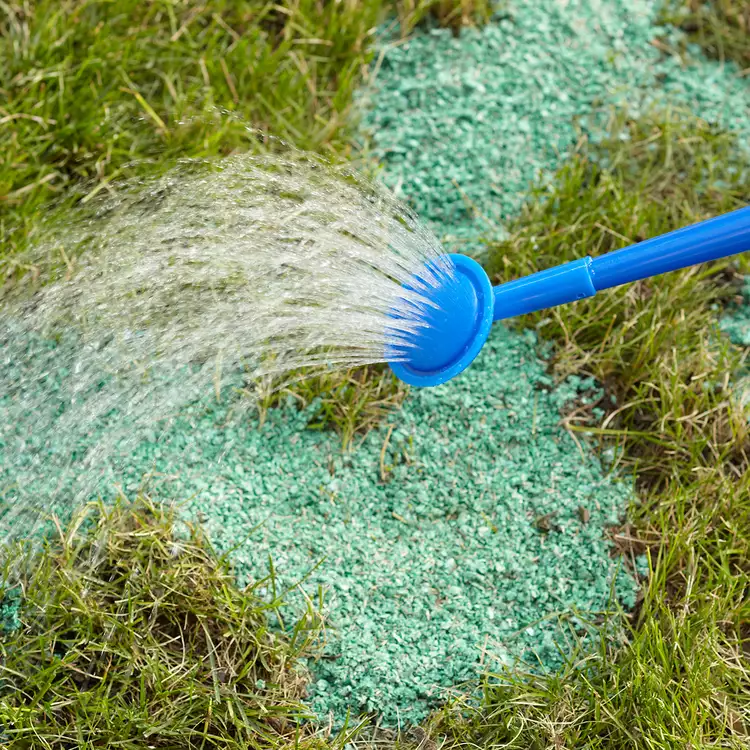
Your Seasonal Lawn-Care Schedule for the Northeast
Take the guesswork out of yard work. This lawn-care calendar lets you know when to mow, aerate, fertilize, and seed your yard in the Northeast.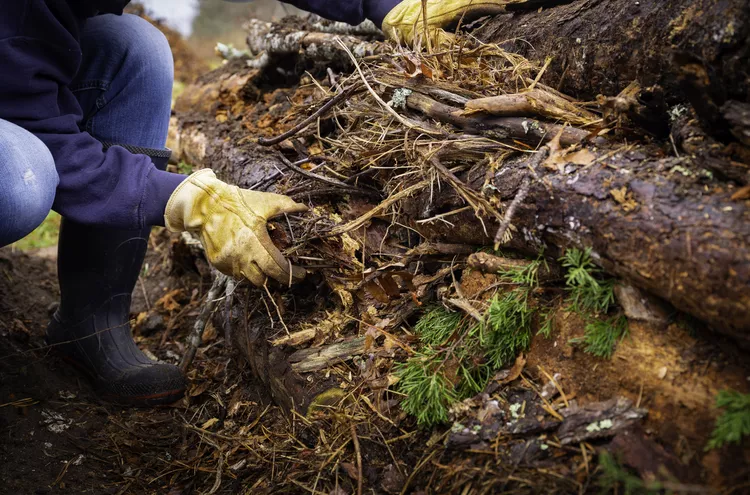
What to Know About Hugekultur Gardens and How to Create Your Own
Find out what hugelkultur is and the benefits this low-maintenance gardening technique provides with step-by-step instructions to create your own.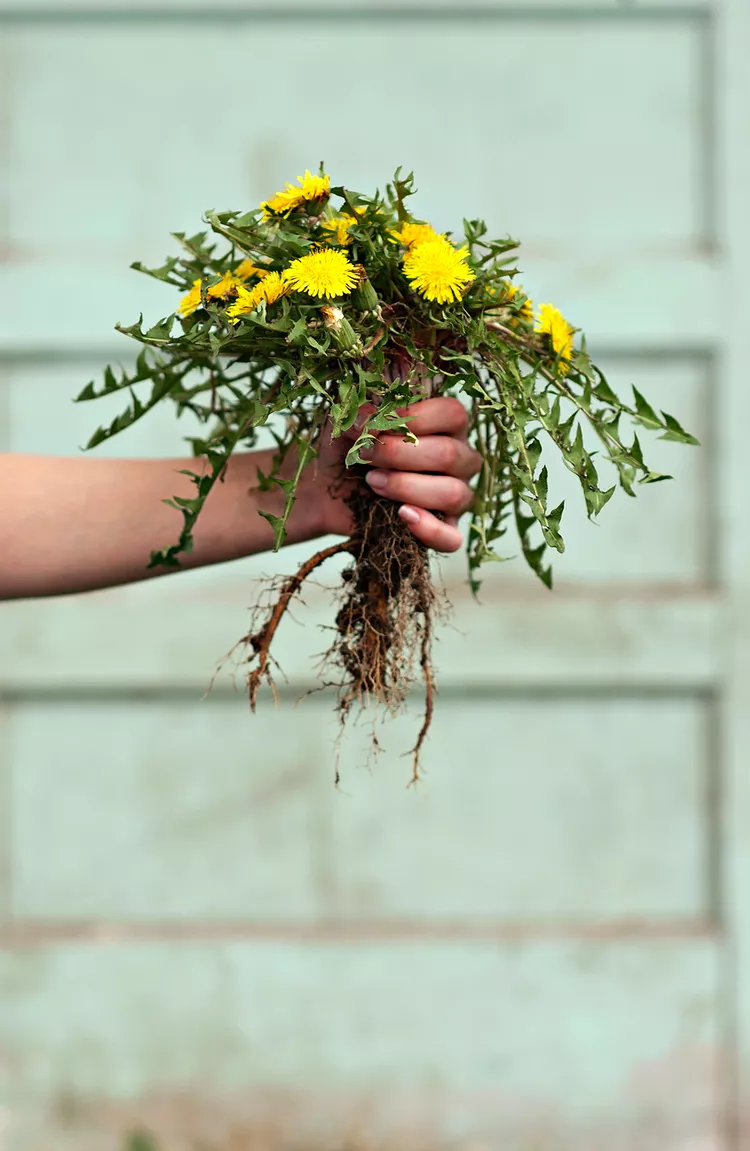
How to Kill Weeds Naturally Using Organic Products
Here's how to kill weeds naturally and organically in flower beds without any chemicals or products that will harm your plants.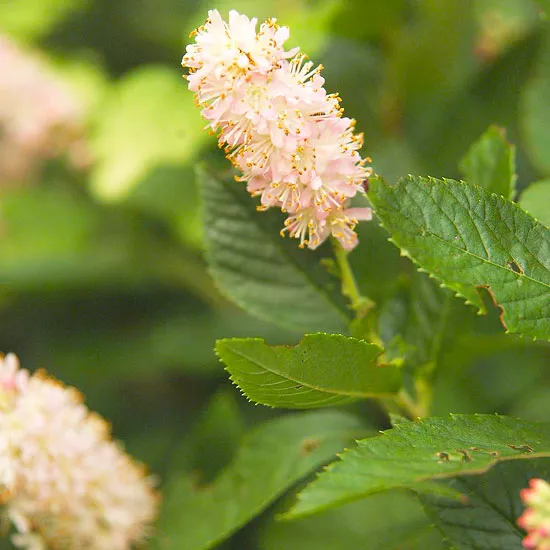
Super Plants for Kentucky Landscapes
Beautiful landscapes start with outstanding plants, and these award-winners are perfectly suited to Kentucky gardens.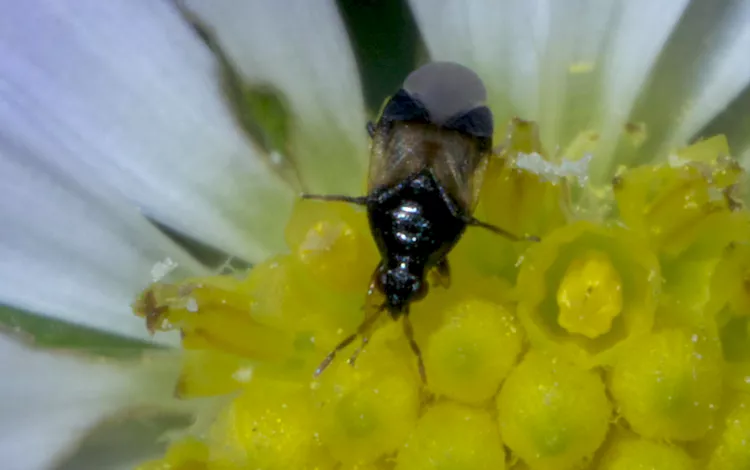
How to Avoid Minute Pirate Bugs: They're Tiny but Pack a Big Bite
Tiny minute pirate bugs are barely visible but their bites are painful. Here's how to prevent them from biting but allow them to help your garden.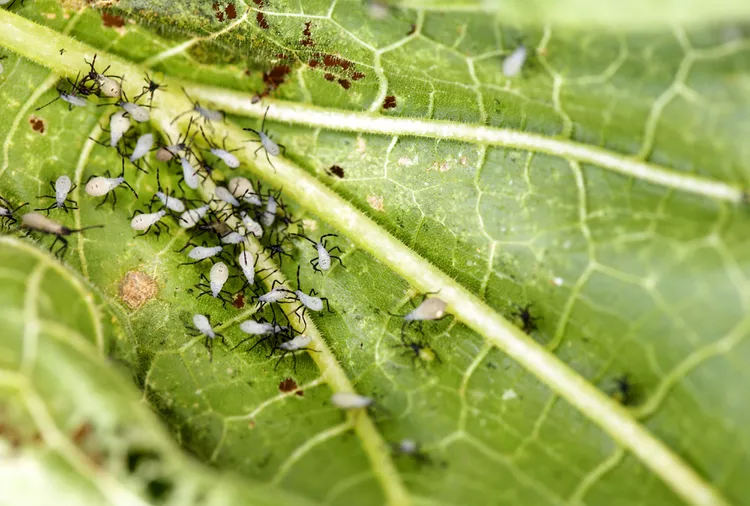
8 Tips for Getting Rid of Squash Bugs Naturally Before They Devour Your Plants
Find out how to get rid of squash bugs with these natural pest control tips, plus learn how to identify these insects and their damage.
Nature's Defense: Keeping Fleas and Ticks at Bay with Garden Plants
Nature's Defense: Keeping Fleas and Ticks at Bay with Garden Plants